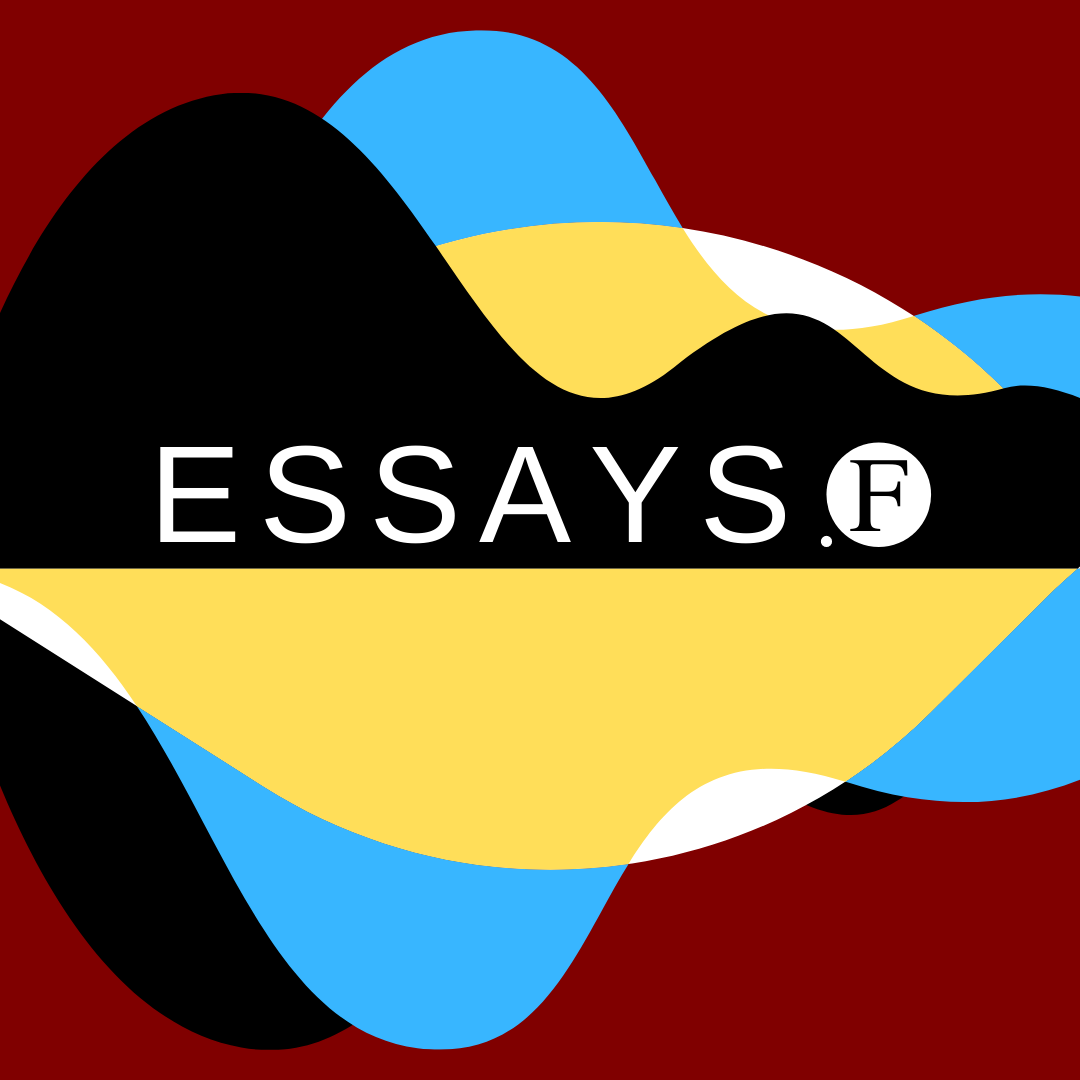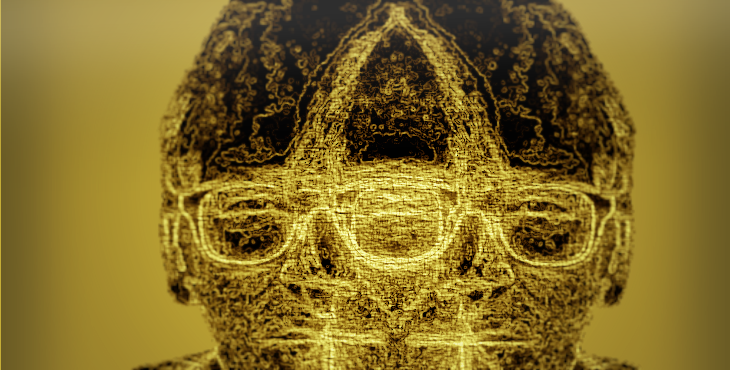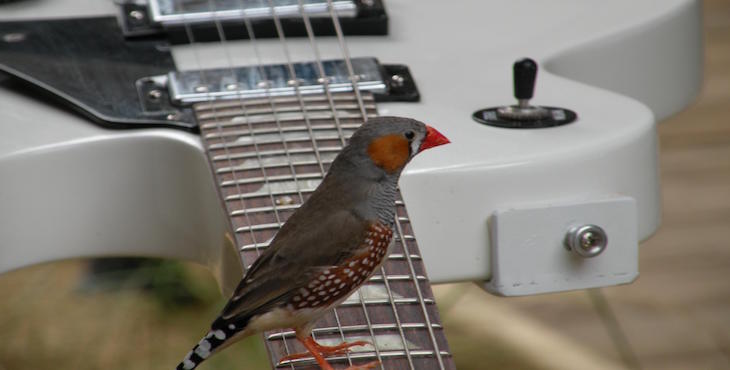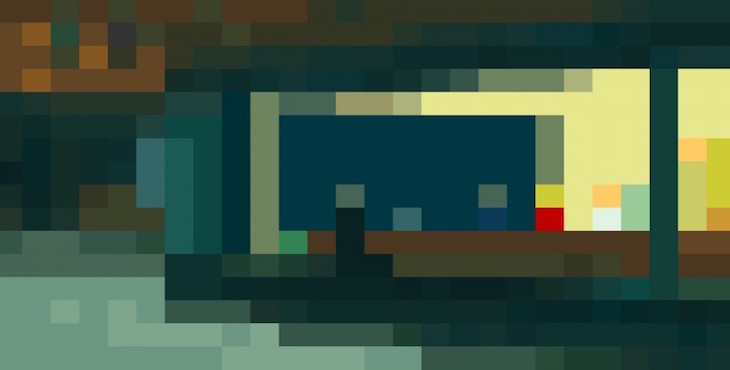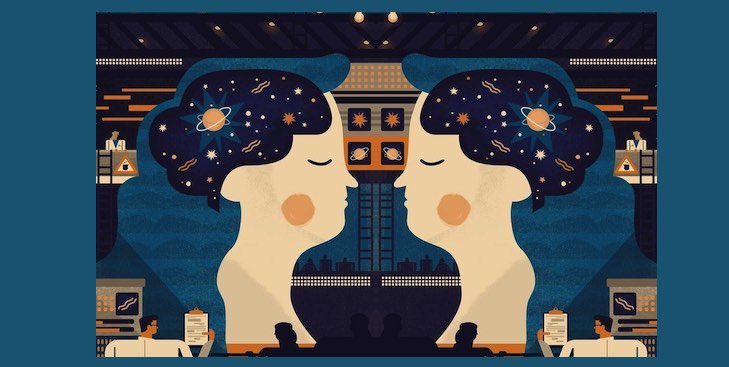Intellectual Vice and Self-awareness
To what extent are we able to recognise our own intellectual shortcomings, asks Quassim Cassam
Oliver and Olivia disagree about lots of things and immigration is one of them. Oliver thinks it’s bad for the economy and should be severely restricted. Olivia has a more positive view of immigration and is strongly opposed to draconian immigration controls. She thinks that Oliver’s stance is the product of prejudice and closed-mindedness. Oliver accuses Olivia of gullibility and wishful thinking.
Prejudice, closed-mindedness, gullibility, and wishful thinking are intellectual vices, and most of us are only too willing to explain what other people think by reference to such vices, especially in cases of strong disagreement. Oliver’s diagnosis of Olivia implies that she doesn’t have good arguments for her view and that it is more a reflection of her character than the facts. Olivia would say exactly the same about Oliver, which partly explains the ineffectiveness of what Ian James Kidd calls ‘vice-charging’. A common retort to accusations of intellectual vice is simply to charge the accuser with the same or other intellectual vices.
If Oliver really believes that immigration is bad for the economy then it is hard to see how he can also think that this is something he only believes because he is prejudiced or closed-minded. To think this would be to undermine his own belief. In reality, the chances of Oliver accepting Olivia’s diagnosis seem slim. If he is closed-minded then he is unlikely to accept that he is closed-minded. In theory he could be closed-minded about other things but not about whether he is closed-minded. In practice this seems improbable.
This raises a question about the extent to which any of us knows our own intellectual vices and whether some vices are more easily knowable than others. In the abstract, most of us are prepared to accept that our thinking isn’t immune to the influence of intellectual vices, but how easily detectable is their influence? This is a question about a fundamental form of self-knowledge, and there is little hope of answering it without a proper understanding of the notion of an intellectual vice.
Intellectual vices are character traits, thinking styles, or attitudes. Closed-mindedness is a character trait, wishful thinking is a thinking style, and prejudice an attitude. What makes a character trait, thinking style, or attitude intellectually vicious is its tendency to impede effective inquiry. Closed-mindedness wouldn’t be an intellectual vice if it didn’t get in the way of our attempts to extend and refine our knowledge. If the question is whether immigration is good or bad for the economy, then closed-mindedness and prejudice are hardly conducive to finding the answer.
In contrast, intellectual virtues are character traits, thinking styles, or attitudes that tend to aid our inquiries. Open-mindedness, carefulness, and intellectual humility are intellectual virtues to the extent that they are knowledge-conducive. In practice, the line between virtues and vices can be hard to draw. One person’s open-mindedness is another person’s gullibility. Nevertheless, there is a difference. To be gullible is to be easily duped, and this not the same thing as open-mindedness. Genuine open-mindedness makes us more effective knowledge-gatherers, whereas gullibility makes us less effective.
In her seminal book Epistemic Injustice, Miranda Fricker identifies critical reflection as a means of detecting one’s own intellectual vices. She imagines a person who suspects that some of her judgements are influenced by prejudice, reflects on whether this is so, and makes suitable adjustments depending on whether she finds evidence of prejudice. However, the type of critical reflection Fricker has in mind would only be possible for a person who is, in a number of fundamental respects, intellectually virtuous. A serious investigation of one’s own intellectual vices presupposes levels of intellectual humility, open-mindedness, and clarity that are indications of intellectual virtue.
This points to a paradox of self-knowledge: the intellectual virtues that are necessary for critical reflection are incompatible with the very intellectual vices that this form of self-examination aims to uncover. So, for example, if Oliver is genuinely closed-minded then he won’t have the open-mindedness that he would need to discover by critical reflection that he is closed-minded. If he is complacent then he is unlikely to embark on a serious investigation of his own complacency or other cognitive defects. He won’t think he has any, just as he probably won’t agree that he is closed-minded. This suggests that some intellectual vices are self-concealing in a way that intellectual virtues are not. They make themselves invisible by impeding their own detection.
Not all intellectual vices are the same in this regard. Carelessness is an example of an intellectual vice that impedes effective inquiry but doesn’t specifically impede its own detection. Being a careless thinker or reasoner needn’t prevent one from accumulating evidence of one’s own carelessness. One might be prevented by other intellectual vices, such as arrogance, from acknowledging one’s own carelessness, but carelessness is not itself a bar to knowing that one is careless. In contrast, closed-mindedness and complacency are bars to their own detection. They are stealthy vices, and this is Oliver’s problem. If Olivia is right about him then he may not be in a position to know she is right.
How, if at all, can ignorance of stealthy vices be overcome? What hope is there for the Olivers and Olivias of this world to know themselves? Stealthy vices may stymie their detection by critical reflection, but critical reflection is not the only route to self-knowledge. One might also learn from others about one’s intellectual character, though vices like prejudice are perfectly capable of closing off or restricting this route to self-knowledge. Prejudice might lead Oliver to reject Olivia’s diagnosis, regardless of how well founded it is. However, there is also the possibility of a person’s intellectual character, including their intellectual vices, coming into view as a result of a tragic event or traumatic personal experience. This has been called ‘deep unlearning’, and might conceivably lead to self-discovery and self-improvement.
Consider Oliver again. Suppose a change in his circumstances forces him to emigrate and for the first time he finds himself on the receiving end of prejudice against immigration and immigrants. He is traumatized by the experience and not only comes to see immigration differently, but also sees himself differently. He acknowledges, for the first time, the extent of his own past prejudices and closed-mindedness. Here, it isn’t critical reflection that produces self-knowledge but stuff that happens. However, it’s important not to exaggerate the significance of this. Events have to interpreted and Oliver’s personal trauma only leads to self-knowledge when filtered by a degree of critical reflection. Depending on his level of closed-mindedness or other vices, it could turn out that his trauma only results in bitterness and resentment rather than insight into his intellectual character.
This is an illustration of the sheer resilience of many intellectual vices, as well as their tendency to conceal themselves. Prejudice, closed-mindedness, and related habits of thought can be as hard to kick as other bad habits. It’s hard to take an objective view of these things and to grasp one’s own flaws. One’s intellectual flaws are in some ways the hardest flaws of all to grasp and acknowledge. In an ideal world, Oliver and Olivia would both be open to the possibility that the other is right and would be prepared to go in for some serious self-examination instead of persistent vice-charging. In the real world, the chances of that are practically nil.
Image credit: Aled Lewis, ‘Freaks in the Fun House’
The Source Code
This essay is based on the article ‘Stealthy Vices‘ by Quassim Cassam, published in Social Epistemology Review and Reply Collective.


